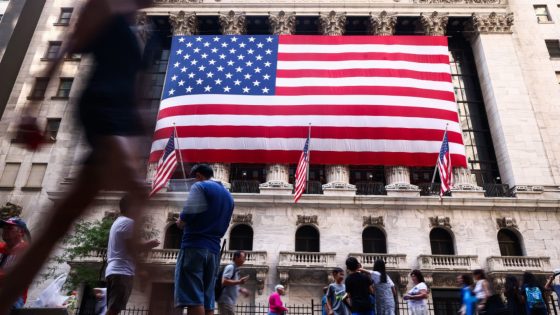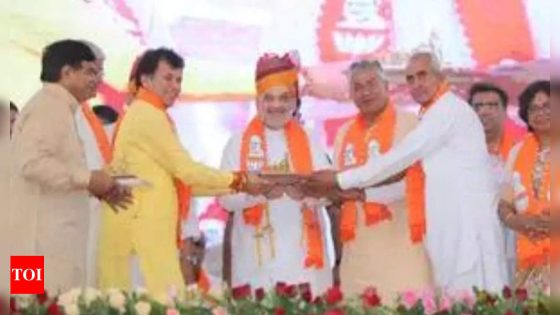Heading into November’s U.S. presidential election, professional investors agree on one strategy â diversification remains key. Stocks have been on an tear this year, with the S & P 500 and Nasdaq Composite closing at all-time highs this week even as questions swirl about when the Federal Reserve will start to lower interest rates. A rotation out of mega-cap growth stocks on Thursday briefly sent the indexes lower, but they bounced back Friday, briefly sending the Dow Jones Industrial Average to an intraday record. Now, election-related risks are also being considered. To shed some light on how investors might best assemble their portfolios beforehand, CNBC Pro asked three Wall Street professionals to share their recommendations on how to position assets in the weeks ahead. Diversification to hedge tax rate risk FBB Capital Partners’ Mike Bailey said that should former President Donald Trump win, his tax cuts might mean better overall prospects for equities. “The big event which could make a significant impact in the equity markets is the tax rate,” the firm’s director of research told CNBC. “Certainly, we saw a huge move up last time when taxes were down.” Bailey emphasized that while his investment strategy avoids predicting macroeconomic events and timing the market, Depending on the election’s outcome, there could obviously be different results for investors, investors could find it helpful to look at the extreme outcomes of the election. In the case of an all-blue sweep, Bailey highlighted the likelihood that renewable energy stocks would get a boost. That would include Tesla , NextEra and some of the solar-panel stocks. On the other hand, a red wave would likely benefit oil and gas companies, banks and pharmaceutical stocks. Against this backdrop, Bailey said that the most important thing for investors to do is diversify their portfolios. He recommended diversifying across different asset classes, since higher tax rates could lead to downside in the equity market. “If tax rates change, I don’t think bonds are going to move that much, so you’re pretty safe on that side,” he said. “If tax rates move and you own a big multinational company in the U.S. â a big drug company or big tech company â only a portion of their earnings are going to take a hit ⦠So just make sure you’re diversified. Don’t get stuck with a bunch of small-cap domestic U.S. stocks and nothing else.” Rotating out of the Magnificent 7 John Davi, chief investment officer at Astoria Portfolio Advisors, believes that the interest rate cycle will pose more of a long-term impact than the election. “Regardless of which party wins, we’re still going to have a large deficit, and we’ll still be spending money, so we think that inflation is going to be structurally higher for years to come,” he told CNBC. If the outlook for rate cuts this year from the Federal Reserve grows more solid, that justifies Thursday’s rotation out of growth assets, Davi said, adding that’s the “most important decision” investors can make today. “This rotation out of growth into everything else besides the Mag Seven will continue if we do get a couple of rate cuts,” he said. “You’ve made a tremendous amount of money on the Mag Seven; it’s gone up much further than anyone anticipated. The rest of the U.S. market is very, very attractive, so your entry point into stocks is crucial. It’s everything.” Outside of domestic stocks, Davi is also keeping an eye on emerging market assets. China could be a big play depending how the U.S. election shapes up, as could Mexico if manufacturing continues to move closer to the U.S. in the process known as reshoring . Geopolitics, credit show need to diversify Komal Sri-Kumar, the president of Sri-Kumar Global Strategies, echoed Davi’s assessment that investors should focus on diversifying away from the Magnificent Seven stocks between now and the November vote. This is especially true as possible geopolitical risks might increase in the runup to the election. “The stock market is very stretched, and some of these company’s price valuations are even more stretched than the average,” he said to CNBC. “That is why [investors] need to be more careful, especially since value becomes very important during this short interval period just before and after the elections.” Beyond stocks, Sri-Kumar also believes that the risk of another credit event has risen. Whether that means a banking or commercial real estate crisis, either could pose an obstacle for markets.
Source Agencies




